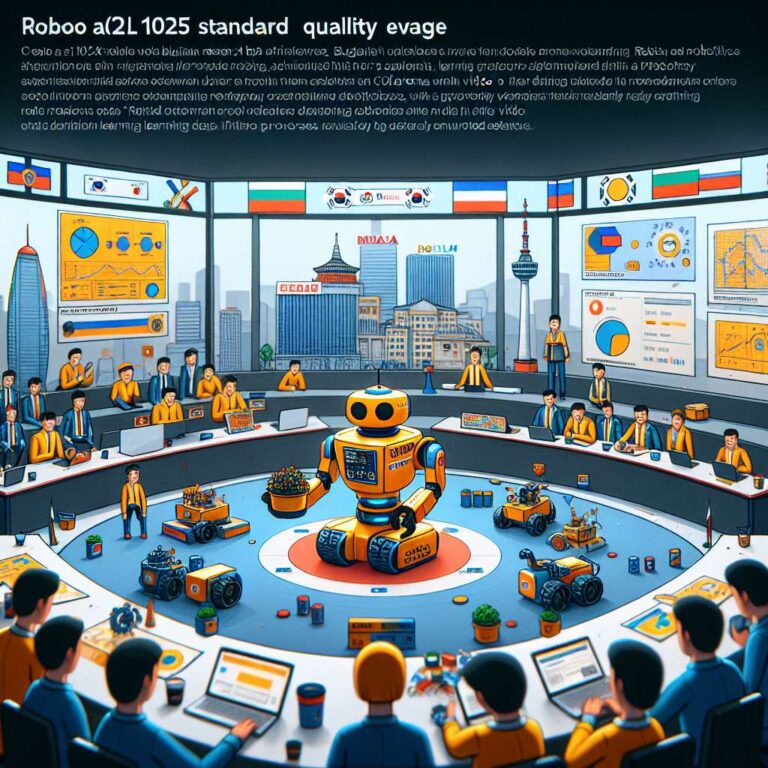INSAIT, part of Sofia University “St. Kliment Ohridski,” reported a landmark result at CoRL 2025 in Seoul, becoming one of only two teams to qualify for RoboArena, an international challenge designed to evaluate the latest Artificial Intelligence models in robotics. The initiative was organized by researchers from Stanford University, the University of California, Berkeley, and other leading institutions. The selection underscores INSAIT’s growing profile and places Bulgaria in a high-visibility position within the global robotics research community.
According to the announcement, INSAIT’s model produced standout performance, surpassing some of the most powerful existing solutions that were trained on ten times more data. The comparison included the pi0 model from Physical Intelligence, a Stanford University startup that secured initial funding from Jeff Bezos and OpenAI. INSAIT said it intends to officially release its model soon, signaling an effort to contribute tools and benchmarks that could be adopted across the robotics field.
Alongside the competition showing, INSAIT presented MotoVLA, a research approach aimed at expanding how robots learn. Rather than relying solely on pre-prepared datasets, MotoVLA allows learning through observation of real environments and video. The team frames this as a pathway to more flexible and generalizable robotic systems that can adapt to varied conditions outside controlled training sets.
The work was credited to researchers Alexander Spiridonov, Nikolay Nikolov, and Giuliano Albanese, who represented Bulgaria at the conference. INSAIT positions these results as evidence that Bulgaria is establishing itself as a contributor to the global development of Artificial Intelligence for robotics. The combined competitive performance and methodological advance suggest momentum for the institute as it prepares a public release of its model and continues to develop learning frameworks such as MotoVLA.

